As part of its breathless cheerleading for the Iran nuclear deal, POLITICO ran a story titled White House looks to scientists to sell Iran deal.
The White House is calling in the geek squad to sell its Iran deal.
The president’s top nerd, MIT-nuclear-physicist-turned-Energy-Secretary Ernest Moniz, who has been chosen to lead the effort brought his expertise to the White House briefing room Monday, explaining exactly how the framework would prevent Iran from building a nuclear weapon and give the world a one-year lead time if they renege.
“We say that there are four pathways to a bomb in Iran,” Moniz explained from behind the podium, before walking through the technical details of limitations on each: two for uranium, one for plutonium and one for covert actions.
“This is not built upon trust,” he added. “This is built upon hard-nosed requirements in terms of limitations on what they do at various timescales and on the access and transparency.”
Skeptical members of Congress — and the general public — might not trust the administration when it says it will prevent the Islamic Republic from building a nuclear weapon. And they certainly don’t trust the Iranians. So the White House is asking them instead to put their faith in science.
This has been a constant refrain from the White House over the years. If faith is believing is absence of proof, then the White House has attempted to turn “science” into a faith. They have done this with the bogus “green jobs” program, the sweetheart loans-turned-into-grants that have epitomized Obama’s cargo cult economic policies, their slavish adherence to “anthropogenic global warming”, with Michelle Obama’s odious school lunch program, and on and on. In this administration science his routinely racked to support any nonsense Obama happens to glom onto on that particular day of the week. Any objection is answered by shouting, “the science is settled, you anti-science bigots.”
Moniz may very well be a smart guy. But nothing Moniz says can add to our understanding of or trust in the Iran nuclear deal. The deal is a political, not a scientific, one. The deal depends upon human actions, not scientific principals. And Moniz, for whatever his other strengths, knows dick about arms control or non-proliferation beyond what he’s been briefed on.
The nut of the problem is this: scientists will will be asked to validate two things about the Iran agreement. First, that as long as the Iranians don’t cheat, there will be a sufficient year breakout time. Second, that if the Iranians do cheat, the verification regime will catch them. This is simply nonsense for a number of very obvious reasons.
There are no technical aspects to verify.
Lausanne was supposed to produce a political understanding with the technical details to be filled in later. Many technical details were by design left unfinished. In fact, we know that Iran and the US have very different views on what was agreed to. There hasn’t been an agreement on how fast the Iranians can develop next generation centrifuges or how much of their stockpile they get to keep in diluted form on Iranian soil. This was a problem for Moniz on Sunday: how can he or anyone else provide assurances about breakout time or detection if the variables determining those things haven’t been decided?
Non-shill scientists know they will be beclowned.
This is why Moniz was out leading the charge. He’s an Obama shill and stooge and, like Josh Earnest and Jen Psaki and James Carville, doesn’t mind looking really stupid as he continues to get paid. There was never supposed to be a technical understanding, but it seems the parties couldn’t even lock down a political understanding. Washington and Tehran are openly bickering about what was agreed upon. Now the administration is presenting journalists with technical experts rather than diplomats: the gesture will reinforce the optics that the Americans couldn’t get any commitments out of the Iranians.
Verification is not science.
Scientists might be able to speak to detection in theory, but they can’t speak to the actual process of verification in practice. Nuclear scientists can’t answer it. Only experts at the intersection of nuclear expertise and real-world intelligence can.
There is no scientific “consensus.”
It’s just not true that there’s a consensus of scientists who think that the nuclear weapons deal extends Iran’s breakout time to a year or that it has a robust verification scheme. For instance:
Scientists who say the agreement doesn’t provide sufficient breakout time to detect and react
David S. Sullivan, former CIA arms verification specialist and former SFRC arms expert: “U.S. national technical means of verification is always difficult, fraught with the political process of monitoring, collecting, analyzing, and [achieving] consensus on usually ambiguous evidence of cheating that opponents are trying to hide…The negotiations started as an attempt to stop Iran’s nuclear program, but now they have legitimized it.”
Olli Heinonen , Former Deputy Director General of the IAEA and head of its Department of Safeguards: “Several countries in the Middle East are building their nuclear infrastructure…There will not necessarily be a race to a bomb, but countries will be climbing the ladder of nuclear capabilities. Iran will also continue research and development on more advanced centrifuges, which could further reduce its breakout time.”
Olli Heinonen , Former Deputy Director General of the IAEA and head of its Department of Safeguards: I’m a little puzzled by the political agreement. You’re going to leave Iran as a threshold state. There isn’t much room to maneuver.”
Scientists who say we won’t catch Iran cheating
Paula DeSutter, former Assistant Secretary of State for Verification, Compliance, and Implementation: “The Joint Comprehensive Plan of Action will not be effectively verifiable. [The transparency regime for the deal will] undermine the already challenging verifiability of the Nuclear Nonproliferation Treaty.”
Thomas Moore, former Senate Foreign Relations Committee arms control expert: “This whole question of whether we can verify that Iran is saying is complete and correct isn’t getting any better under this agreement, and that’s because of them only provisionally applying the Additional Protocol… I don’t see that Iran is going to do anything different on cooperation for verification today than it did prior to today.”
Thomas Moore, senior fellow and deputy director of the Proliferation Prevention Program at CSIS: “[Imprecise language is a sign] Iran is keeping its weapon option open but refuses required openness to confirm it no longer wants one. Iran … will instead cheat at an undeclared site…The deal is silent on Iran’s actual military dimensions, except to the extent that its supporters claim the IAEA will be able to verify the absence of a weapons program in Iran. They won’t.”
The enlisting of scientists to support the unconscionable decision to cooperate with Iran in its quest to obtain nuclear weapons is dishonest in the extreme. It harnesses the academic pedigree of a few men to push a political agenda that cannot be verified by science. In short, it is typical of what we’ve come to expect from the Obama administration.
Note: some research it this article comes by way of Omri Ceren, press director for The Israel Project.
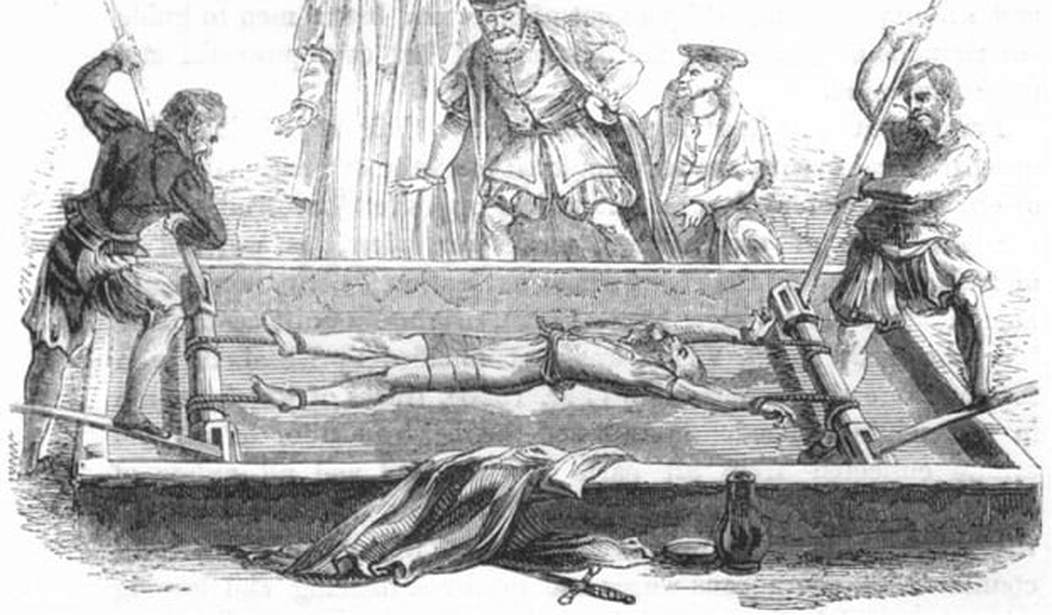

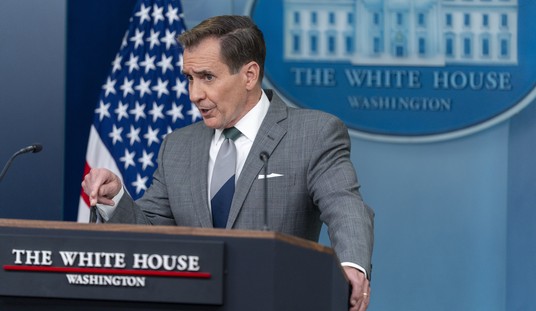
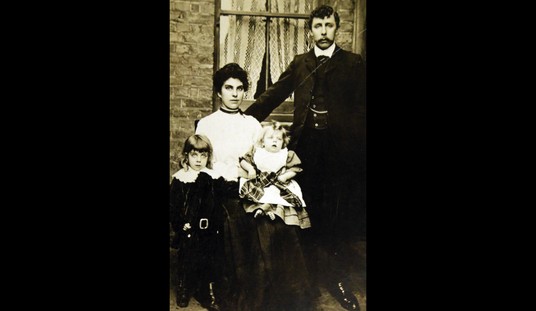
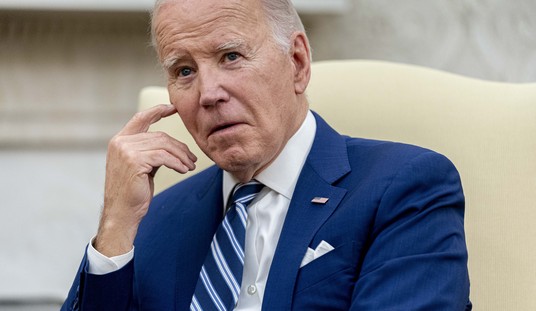
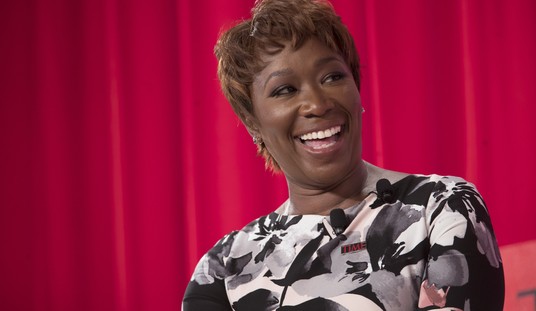



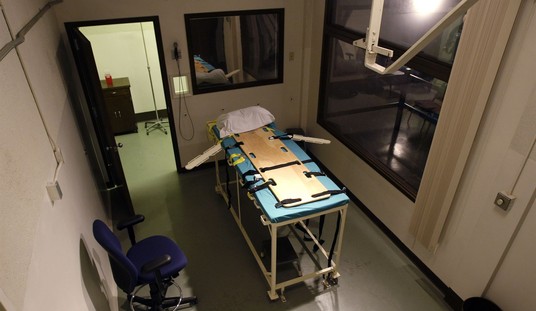

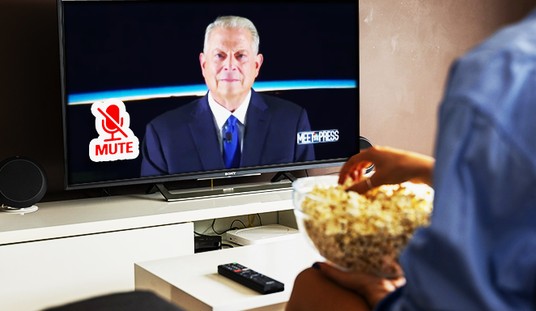
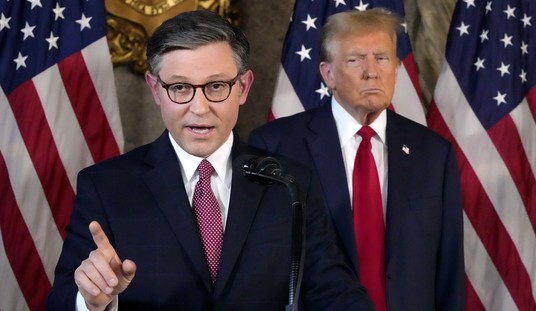
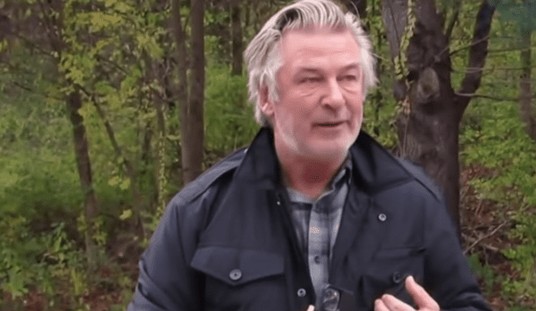
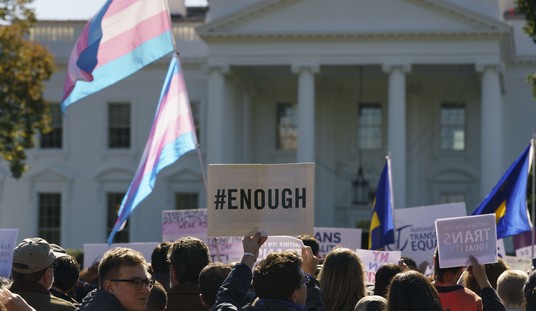
Join the conversation as a VIP Member